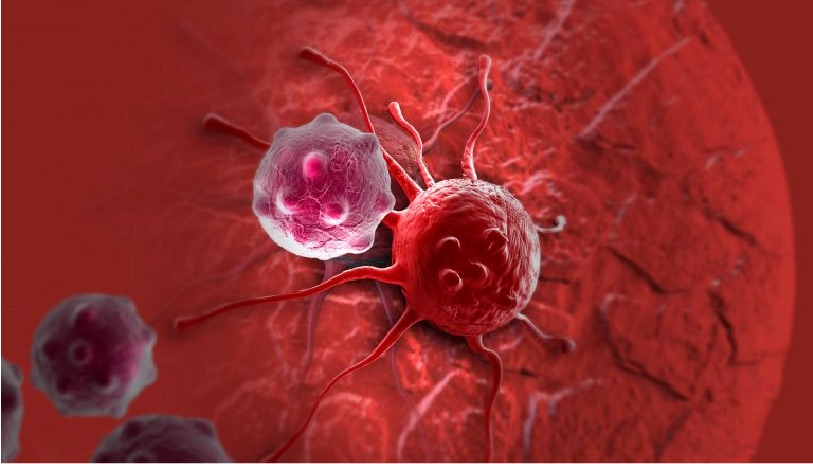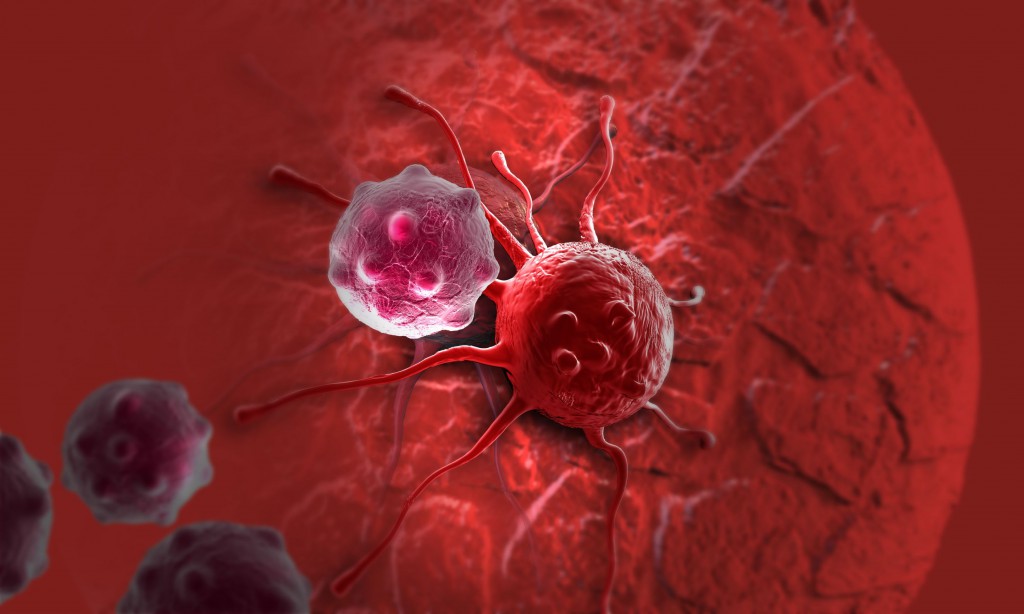
Breast cancer is the most common tumor among women worldwide and has a profound impact on individuals and society. Aside from being a leading cause of cancer-related death, patients often undergo invasive treatments such as surgery, radiation, and chemotherapy, which may result in long-term side effects and reduced quality of life. Additionally, the healthcare burden of breast cancer is immense. This makes effective, timely, and personalized treatments a critical need.
A recent study published in Scientific Reports presents a microfluidic-based method for growing breast cancer organoids that significantly reduces the culture time while maintaining essential structural and drug response characteristics. This method could be the key to developing personalized breast cancer treatments in the future.
Continue reading “Microfluidic Organoids Could Revolutionize Breast Cancer Treatment” In recent years, great advances have been made in the field of immunotherapy to treat cancer. One of the most promising treatments involves engineering immune cells to express chimeric antigen receptors (CAR). These receptors are carefully designed to recognize antigens expressed on the surface of tumor cells. Once the target is recognized, the CAR-engineered immune cells can attack and kill the tumor cells. CAR T cells have been successfully used to treat certain blood cancers—three CAR T therapies for lymphoma and leukemia have gained US FDA approval. In these cases, T cells were taken from individual patients, grown and genetically-altered in the lab, then reintroduced into the same patient.
In recent years, great advances have been made in the field of immunotherapy to treat cancer. One of the most promising treatments involves engineering immune cells to express chimeric antigen receptors (CAR). These receptors are carefully designed to recognize antigens expressed on the surface of tumor cells. Once the target is recognized, the CAR-engineered immune cells can attack and kill the tumor cells. CAR T cells have been successfully used to treat certain blood cancers—three CAR T therapies for lymphoma and leukemia have gained US FDA approval. In these cases, T cells were taken from individual patients, grown and genetically-altered in the lab, then reintroduced into the same patient. 